This post is also available in: Português (Portuguese)
Dandara, one of the most famous female warriors in Brazilian history, is difficult to find in today’s history books. While some say she never existed, oral histories portray her as a courageous female revolutionary who fought to protect Quilombo dos Palmares from destruction in the late 1600s. Palmares, the largest settlement of runaway enslaved Africans in Brazil, was home to approximately 11,000 freed enslaved people for close to a century before the Portuguese conquered it in 1695.
In a country where 50.7 percent of the people identify as Black or mixed race, systemic racism is pervasive. And it begins early.
When Dandara Oliveira walked into a classroom as a child, she didn’t hear anything about the brave warrior she is named after or the history of her rural Quilombola ancestors despite the fact that some 3,500 rural Quilombola communities still exist today.
“I learned about the French Revolution three times, but not the Quilombola history, not even once,” says Oliveira, assistant for Programs and Solidarity Links at ActionAid. “We have a past. We survived the state that wanted to erase us.”
Oliveira and ActionAid Brazil are determined to change that. With the SETA Project, a coalition of organizations united by the common goal of racial equity, they aim to transform the Brazilian public education system into one that is anti-racist and works for all.
SETA means ‘arrow’ in Portuguese and is a Creole word meaning ‘acceptance’. The name implies forward movement but also represents ambition for change and agility.
Brazil’s current curricula and training materials are Eurocentric and reinforce white superiority. Textbooks often depict racist scenes or stereotypes. And the prevailing view is that any teaching of Black and Indigenous history at school isn’t important for all children.
“I want girls like me to see themselves represented inside school,” says Oliveira. “I want to see a Brazilian education system built on principles of anti-racism and social justice. “More than that, she wants all Black, Quilombola and Indigenous children to get an equitable education.
The Situation
The quality of education in Brazil is segmented by racial and socio-economic status. Gaps between White children and Black, Quilombola and Indigenous children persist across all basic education indicators and are especially acute for 11 to 17-year-olds. Data show they are more likely to drop out, be excluded and achieve lower educational attainment. This often relegates them to lower paying, low prestige jobs in adulthood and continues a cycle of poverty.
Just as it did in much of the world, COVID-19 exposed and exacerbated racial inequities in Brazil. For more than a year during COVID-19, 5.9 million school-age students had no access to school — 4.3 million of these students were Black or Indigenous.
Despite this, most Brazilians deny that structural racism exists. At the same time, the federal government has accused teachers of educating subversive ideas to children and initiated deep budget cuts that are worsening educational and social inequities.
While changes made to the public education system in the 1990s, 2000s and 2010s did result in significant racial equity gains, the current political and social climate has led to setbacks, making the work of the SETA Project more urgent.
The SETA Project sees education as the entry point for building awareness of and eliminating structural racism throughout the country.
“Education is a powerful weapon. In theory, everyone goes through school,” says Oliveira. “It’s very important that we work in a way that we can achieve and reach the most – schools are in every corner of the country.”
Game-Changing Solution
With the potential funding through the W.K. Kellogg Foundation’s Racial Equity 2030 challenge, the SETA Project aims to drive change across 10 states and 13 cities while simultaneously launching a national communications and advocacy campaign that uses research and training to generate change. By 2030, SETA will:
- Train 740,000 educators, principals and school coordinators from 49,000 public schools across 10 states and 13 cities
- Reach 50 million people through each of three National Anti-Racist Education campaigns
- Engage 800 Black, Quilombola and Indigenous community leaders in promoting anti-racist education in their communities
- Launch a national network of youth researchers from Black, Quilombola and Indigenous communities, and
- Establish racial equity best practices
Building Momentum
SETA’s first steps centered on building partnerships with local youth, community members, education leaders and government officials. With Canal Futura, the education arm of the largest broadcaster and communications company in Brazil, SETA released four multigenerational videos, reaching an initial audience of 37 million people. The project has also generated extensive media coverage and is building a powerful social media profile that already reaches 1.2 million people.
Project partners engaged with Black, Quilombola and Indigenous communities to hear their lived experience and priorities and hopes in launching a campaign to create an anti-racist education system. At the same time, SETA is conducting a national survey to elicit data that will support networking, sharing and the creation of collaborative strategies for youth leaders and White allies.
Teachers made it clear that SETA would need to involve principals and school managers since they play a crucial role in giving teachers the autonomy to lead racial equity discussions and actions. As a result, SETA has already partnered with the secretariat of education of Rio Grande do Sul state to train and build support among school managers to advance an anti-racist education system. Partnering with state and municipal education secretaries is critical to training 740,000 teachers across 49 school systems by 2030.
By 2030, SETA expects to:
- Spark an intergenerational dialogue on racism and education in homes, school, workplaces and the media;
- Embed an intersectional approach to monitoring and evaluating racism in education;
Improve and implement public education policies that guarantee quality, equity and contextualized provision; - Train and support educators in anti-racist education practices;
Spur youth and students to grow anti-racist school communities and culture; and - Mobilize a global network on racial justice in education.
Oliveira’s hope is that eight years from now, every child will see themself positively reflected in the school curriculum and textbooks; that future generations will know the true history of Brazil and that every person will have equitable access to opportunity.
“Now is a turning point for Brazil and the world,” says Oliveira. “We have a lot of distance to walk.”
Related Links
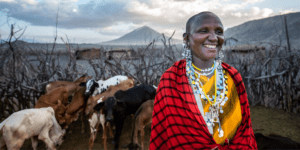
Mobilizing 50,000 Indigenous women for change
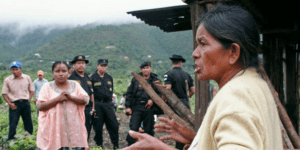
Caretakers of the Earth: An Indigenous-led movement to secure land rights
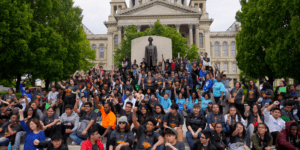
Healing through action
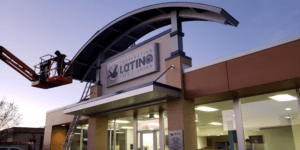
Eliminating the Latino Opportunity Gap
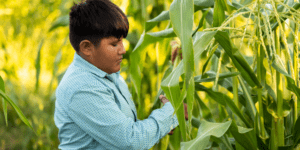
Regenerating food and agricultural finance systems in Indian Country
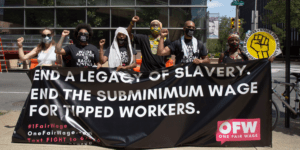
Restaurant workers are standing up for increased wages – and racial and gender equity
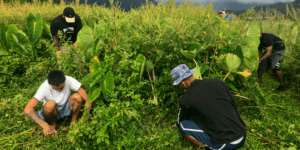
Native Hawaiian-centered approach helps youth heal and become healers
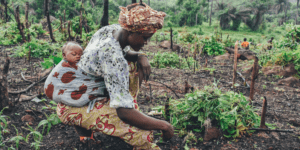

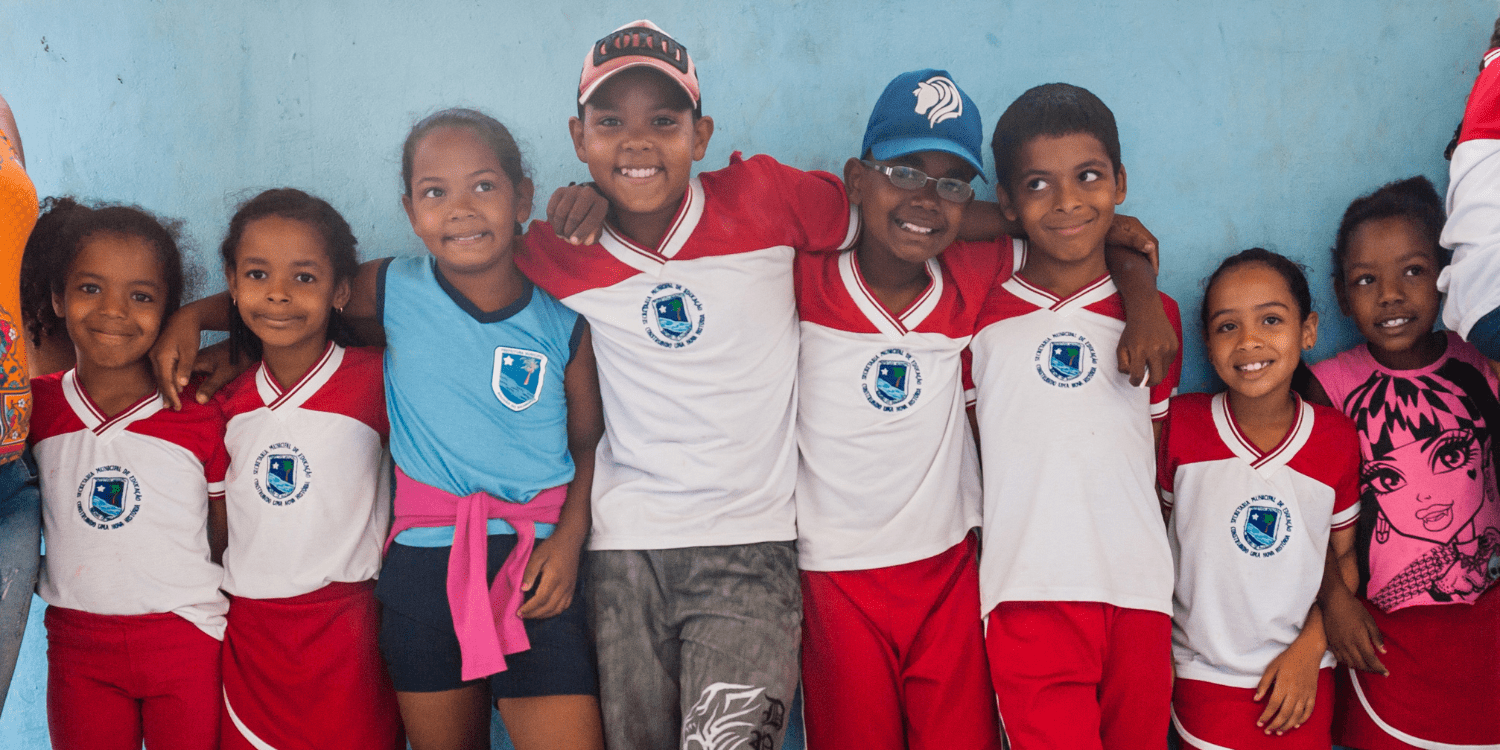
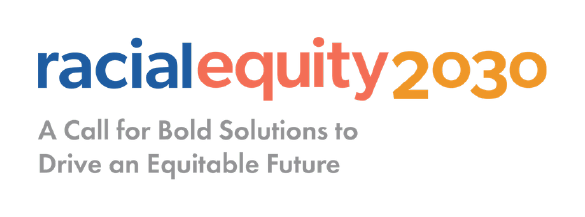
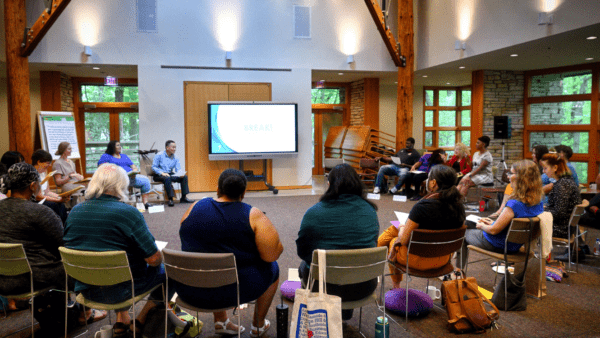
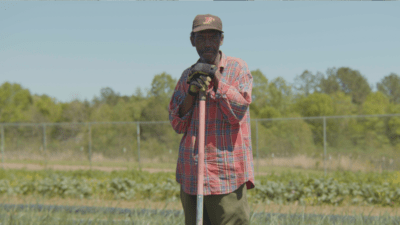
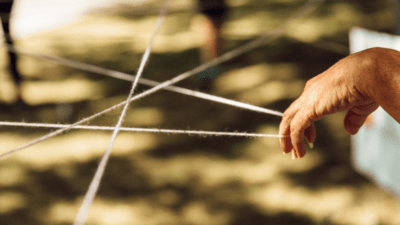
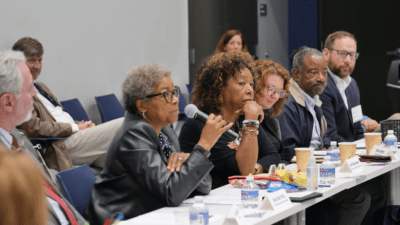
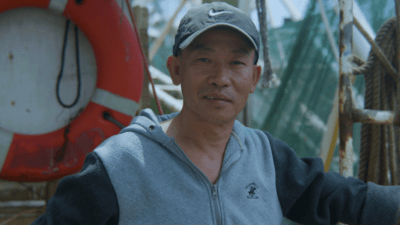

Comments